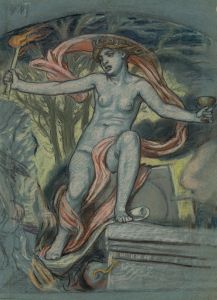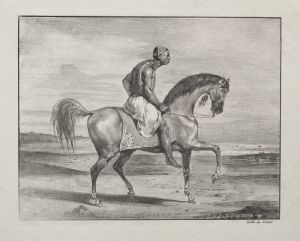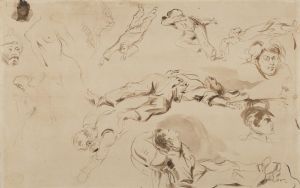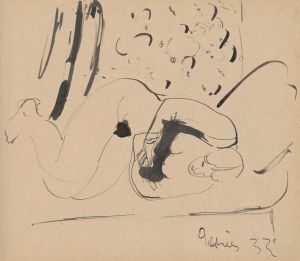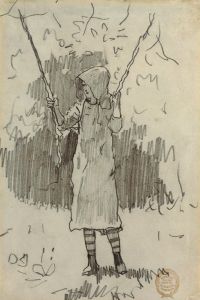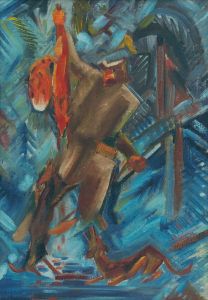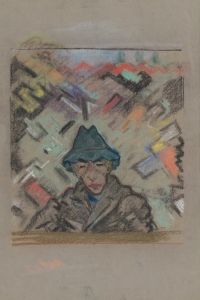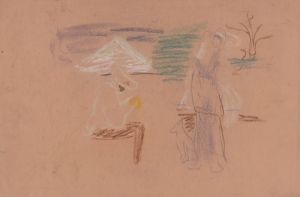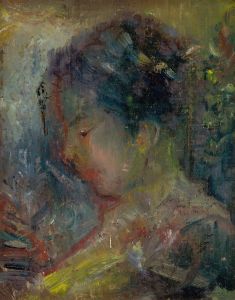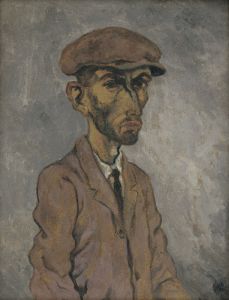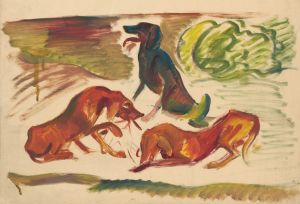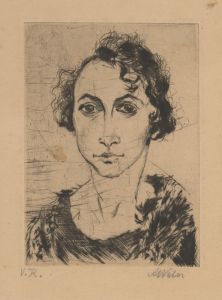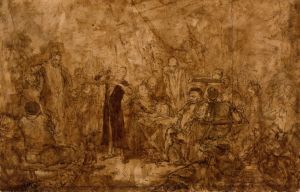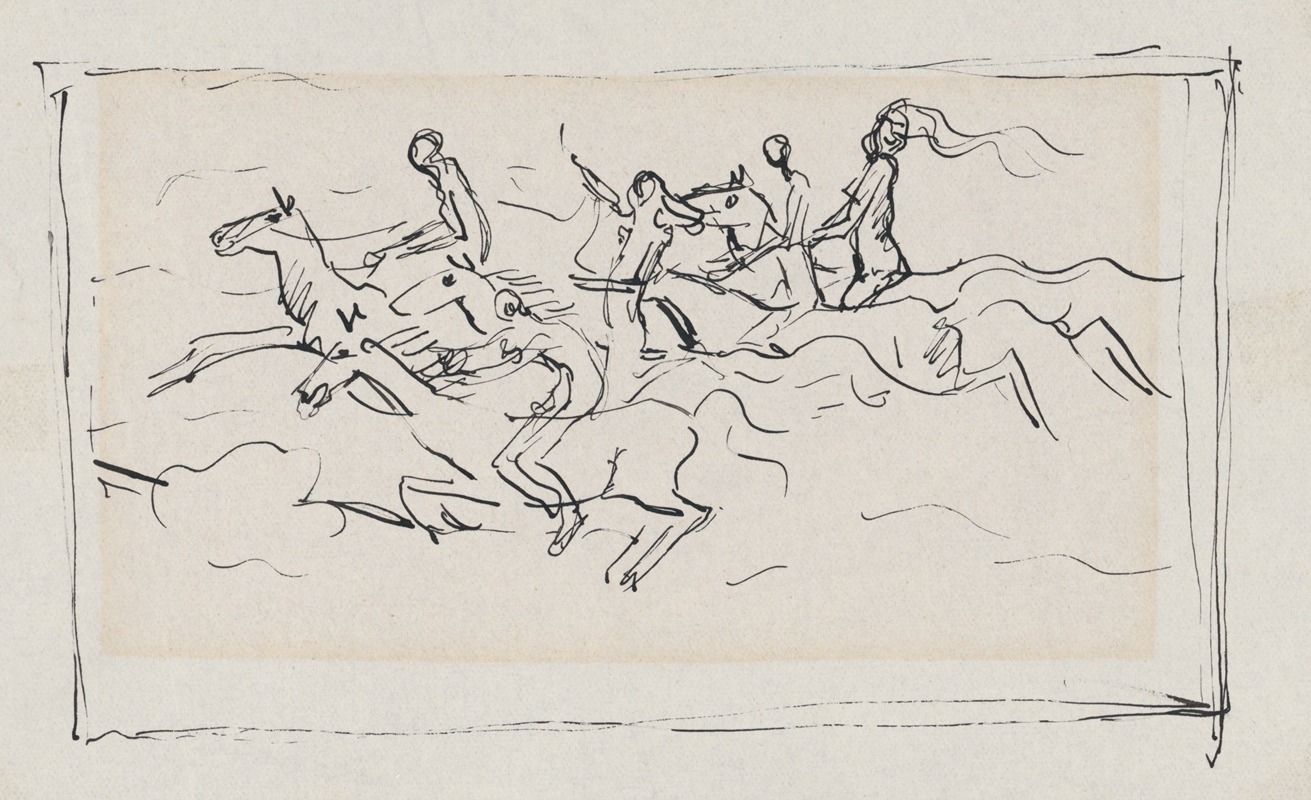
Riders
A hand-painted replica of Arnold Peter Weisz-Kubínčan’s masterpiece Riders, meticulously crafted by professional artists to capture the true essence of the original. Each piece is created with museum-quality canvas and rare mineral pigments, carefully painted by experienced artists with delicate brushstrokes and rich, layered colors to perfectly recreate the texture of the original artwork. Unlike machine-printed reproductions, this hand-painted version brings the painting to life, infused with the artist’s emotions and skill in every stroke. Whether for personal collection or home decoration, it instantly elevates the artistic atmosphere of any space.
Arnold Peter Weisz-Kubínčan (1898–1945) was a Slovak-Jewish painter and graphic artist whose works are associated with modernism and surrealism. His artistic output is noted for its imaginative and symbolic qualities, often reflecting themes of existentialism, spirituality, and the human condition. Weisz-Kubínčan's life and career were tragically cut short during the Holocaust, and much of his work was lost or destroyed during World War II. As a result, detailed information about specific pieces, including "Riders," is scarce.
"Riders" is one of the surviving works attributed to Weisz-Kubínčan. The painting exemplifies his distinctive style, which blends surrealist imagery with a deeply personal and philosophical approach. The composition of "Riders" features dynamic figures, often interpreted as horsemen, set against a dreamlike or abstract background. The use of bold colors and fluid forms is characteristic of his work, creating a sense of movement and emotional intensity. The painting is thought to reflect themes of struggle, resilience, and the passage of time, though interpretations may vary due to the lack of direct commentary from the artist.
Weisz-Kubínčan's artistic career was shaped by his education and the cultural environment of early 20th-century Central Europe. He studied at the Academy of Fine Arts in Budapest and later in Vienna, where he was exposed to various avant-garde movements. His work was influenced by the broader trends of modernism, as well as his personal experiences as a Jewish artist in a period of rising anti-Semitism and political upheaval.
During the Nazi occupation of Slovakia, Weisz-Kubínčan and his family faced persecution due to their Jewish heritage. In 1944, he was arrested and deported to a concentration camp, where he is believed to have perished in 1945. The loss of his life and much of his artistic legacy has made the surviving works, such as "Riders," particularly significant as a testament to his talent and vision.
Today, Weisz-Kubínčan's surviving works are held in private collections and museums, primarily in Slovakia. They are celebrated for their unique blend of technical skill and emotional depth, offering a glimpse into the mind of an artist whose potential was tragically unfulfilled. Due to the limited documentation and the destruction of many of his works, "Riders" remains an important piece for understanding his artistic legacy, though specific details about its creation and original context are not well-documented.





